Who was Theodor Adorno
Theodor W. Adorno, a seminal thinker of the Frankfurt School, developed a profound critique of modern society that continues to resonate with those seeking to understand the complexities of the human psyche and the societal forces that shape it. As a philosopher, sociologist, and cultural critic, Adorno’s work delved into the intricate relationship between the individual and society, illuminating how the structures and ideologies of modern life can hinder the development of authentic selfhood and perpetuate forms of domination and oppression. His critical theory, which drew upon Marxism, psychoanalysis, and other intellectual traditions, sought to uncover the hidden mechanisms by which society molds human consciousness and behavior, often in ways that serve to maintain the status quo and limit individual freedom. For Adorno, the key to understanding the human condition lay not in isolated introspection, but in a rigorous examination of the social, cultural, and economic contexts that shape our very being. This perspective holds profound implications for the field of psychology, challenging practitioners to look beyond the individual and to consider the broader societal factors that contribute to mental health and well-being. By engaging with Adorno’s thought, we can develop a more comprehensive and critical understanding of human nature, one that recognizes the complex interplay between the personal and the political, and that strives to promote authentic self-realization in the face of societal pressures and constraints. In a world increasingly shaped by mass culture, technological rationality, and the imperatives of capitalism, Adorno’s insights are more relevant than ever, offering a powerful lens through which to examine the human condition and to envision alternative possibilities for individual and collective flourishing.
The Frankfurt School and Critical Theory
The Frankfurt School, founded in 1923 at the Institute for Social Research in Frankfurt, Germany, was a group of intellectuals who developed critical theory as a means to analyze and critique modern capitalist society. The school aimed to reconcile the tensions between Marxist theory and the realities of 20th-century capitalism, focusing on the role of ideology, mass culture, and the potential for human emancipation.
Adorno, along with other notable thinkers such as Max Horkheimer and Herbert Marcuse, sought to understand how the Enlightenment, which promised liberation and progress, had instead led to new forms of domination and oppression. They argued that the rise of fascism and the culture industry demonstrated the limitations and contradictions of modern reason.
Adorno’s Key Ideas and Arguments
“Intolerance of ambiguity is the mark of an authoritarian personality.”
― Theodor Adorno
Adorno’s philosophy centered on the critique of what he called the “administered world” – a society dominated by instrumental reason, conformity, and the suppression of individuality. He argued that the culture industry, which includes mass media, popular music, and entertainment, served to pacify and manipulate the masses, promoting a false sense of happiness and fulfillment while maintaining the status quo. In his famous work, “Dialectic of Enlightenment,” co-written with Horkheimer, Adorno explored how the Enlightenment’s emphasis on reason and progress had dialectically turned into its opposite, leading to the domination of nature and the rise of totalitarianism. He critiqued the Enlightenment’s tendency to reduce the world to quantifiable and controllable entities, arguing that this approach stripped away the richness and complexity of human experience. Adorno’s philosophy differed from that of his colleague Walter Benjamin in several ways. While both thinkers were concerned with the impact of modernity on culture and society, Benjamin was more optimistic about the potential for new technologies and forms of art to create progressive change. Adorno, in contrast, was more skeptical of the emancipatory potential of mass culture and emphasized the need for critical reflection and resistance.
Therapeutic Applications
Adorno’s ideas offer valuable insights into the workings of modern society and the challenges individuals face in navigating an increasingly administered world. His critical theory illuminates how culture and ideology shape our beliefs, desires, and behaviors, often in ways that perpetuate existing power structures and limit individual autonomy. For Adorno, the key to resisting these pressures lies in developing a critical consciousness – a capacity to question and challenge the dominant narratives and expectations that shape our lives. This is particularly important in the context of trauma and discrimination, where individuals may internalize oppressive messages and blame themselves for their experiences. By encouraging us to interrogate the societal forces that contribute to these experiences, Adorno’s philosophy can help individuals develop a more empowered and resilient sense of self.
In the context of therapy, Adorno’s ideas can inform approaches that emphasize the importance of self-reflection, autonomy, and the pursuit of authentic self-expression. Therapists can help clients identify and challenge internalized forms of domination, such as self-imposed pressures to conform to societal expectations or the uncritical acceptance of dominant cultural narratives. This is especially relevant for individuals who have experienced trauma or discrimination, as they may struggle with feelings of shame, self-doubt, or helplessness. By encouraging clients to critically examine the messages they have internalized and to develop a more authentic sense of self, therapists can support the healing process and promote greater resilience in the face of adversity.
Moreover, Adorno’s critique of the culture industry takes on new urgency in an era of rapidly changing economic and political realities. As globalization, technological disruption, and growing inequality reshape the social landscape, individuals are increasingly bombarded with messages that promote consumerism, individualism, and the pursuit of success at all costs. For Adorno, these messages serve to distract us from the deeper structural issues that shape our lives and to maintain the status quo in the face of growing discontent. In this context, therapists have an important role to play in helping clients navigate the pressures of modern life and in fostering a critical consciousness that can support collective action and social change. By encouraging clients to engage critically with cultural messages and to develop a more authentic and empowered sense of self, therapists can contribute to the broader project of social transformation that Adorno envisioned. At the same time, therapists must also be attuned to the ways in which economic and political realities shape the lives of their clients, and work to address the structural barriers that limit individual and collective wellbeing.
In Summation
Typical of his time, Adorno was deeply influenced by the Marxist tradition, which had become a major force in European intellectual life in the early 20th century. Like many of his contemporaries, he grappled with the question of how to understand and critique the capitalist system, which had given rise to new forms of social and economic inequality, as well as the devastating events of two world wars. Adorno’s focus on the role of ideology and mass culture in maintaining the status quo was also characteristic of the Frankfurt School’s approach, which sought to blend Marxist analysis with insights from other disciplines, such as psychology and cultural studies. However, what set Adorno apart from many thinkers of his era was his uncompromising critique of the Enlightenment and the ways in which the very tools of reason and progress had become instruments of domination and control. In his view, the rise of fascism and the horrors of the Holocaust were not aberrations, but rather the logical consequence of a society that had become increasingly beholden to instrumental rationality and the demands of the capitalist system. This critique of modernity was far more radical than that of many of his contemporaries, who tended to view the Enlightenment as an unfinished project that simply needed to be furthered.
Moreover, Adorno’s insights into the culture industry and the ways in which mass media and popular culture shape human consciousness were truly ahead of their time. Long before the rise of the internet and social media, Adorno recognized the immense power of the culture industry to mold people’s desires, beliefs, and identities in ways that served the interests of those in power. His warnings about the pacifying and manipulative effects of mass culture anticipate many of the concerns that have emerged in our own era, as we grapple with the impact of digital technologies and the erosion of privacy and autonomy. Perhaps most revolutionary, however, was Adorno’s insistence on the importance of critical self-reflection and the need to resist the pressures of societal conformity. In an era when many thinkers were still wedded to the idea of the autonomous, rational subject, Adorno recognized the ways in which our very sense of self is shaped by social and cultural forces beyond our control. His call for a critical theory that would unmask these hidden forms of domination and point the way toward human emancipation remains as urgent today as it was in his own time. In sum, while Adorno was very much a product of his historical moment, his thought also transcended the boundaries of his era, offering insights and provocations that continue to challenge and inspire us today. By refusing to accept the given order of things and by insisting on the need for critical reflection and resistance, Adorno modeled a form of intellectual engagement that remains as vital as ever in our own troubled times.
“As naturally as the ruled always took the morality imposed upon them more seriously than did the rulers themselves, the deceived masses are today captivated by the myth of success even more than the successful are. Immovably, they insist on the very ideology which enslaves them. The misplaced love of the common people for the wrong which is done to them is a greater force than the cunning of the authorities.”
― Theodor Adorno, Dialectic of Enlightenment: Philosophical Fragments
Theodore Adorno’s Life and Work
Timeline of Theodor W. Adorno’s Life Theodor Adorno’s Key Publications:
“Dialectic of Enlightenment”
(1947, co-authored with Max Horkheimer): In this foundational text of critical theory, Adorno and Horkheimer analyze the self-destructive tendencies of modern Western civilization. They argue that the Enlightenment’s project of liberating humanity through reason has paradoxically led to new forms of domination and irrationality, particularly in the form of fascist totalitarianism and the culture industry’s manipulation of mass consciousness. The authors explore themes such as the myth of enlightenment, the perversion of mass culture, and the dialectical relationship between reason and barbarism. “Dialectic of Enlightenment” remains a crucial critique of modernity and rationalism, shedding light on the dark side of progress and the complexities of human emancipation.
“Minima Moralia: Reflections from Damaged Life” (1951):
This collection of aphoristic essays offers a poignant reflection on the conditions of exile and the crises of modern life. Written during Adorno’s years in exile in the United States, “Minima Moralia” is a deeply personal and philosophical work that examines the fragmentation of individual experience in the face of mass culture and totalitarian politics. Adorno delves into topics such as the alienation of labor, the impoverishment of cultural life, and the erosion of private space in the age of technological surveillance. His reflections blend critical theory with existential insights, highlighting the moral and intellectual challenges of living authentically in a damaged world.
“Negative Dialectics” (1966):
Adorno challenges traditional philosophical conceptions of dialectics and identity in this complex work. He proposes a form of dialectical thinking that refuses to reconcile contradictions in a synthetic unity, advocating instead for a “negative dialectics” that acknowledges the irreducible differences and non-identity of objects. Through this methodology, Adorno critiques the totalizing tendencies of Western metaphysics and emphasizes the importance of the particular over the universal. “Negative Dialectics” is a rigorous philosophical investigation into the limitations of conceptual thought and the possibility of critical resistance against systemic injustices.
Timeline of Adorno’s Life: Early Life and Education
1903: Born into an affluent and culturally sophisticated family in Frankfurt, Germany. 1921: Begins studies in philosophy, musicology, and sociology at the University of Frankfurt.
Intellectual Development and Exile
1920s-1930s: Develops a critical theory of society and culture, engaging with Marxist theory and Freudian psychoanalysis. Becomes associated with the Frankfurt School. 1934: Flees Nazi Germany, eventually settling in the United States in 1938. 1940s: Works with Max Horkheimer on critical theory projects and contributes to the understanding of authoritarian personalities and mass culture.
Return to Germany and Later Years
1950: Returns to Germany and becomes a leading figure in post-war intellectual life, contributing to debates on culture, morality, and the legacy of fascism. 1960s: Engages with student movements and public debates, critiquing both the persistence of authoritarian tendencies in post-war society and the limitations of the protest movements.
Death and Legacy
1969: Dies on August 6th in Visp, Switzerland. Posthumously: Adorno’s work continues to influence critical theory, philosophy, cultural studies, and social critique. His writings on the culture industry, negative dialectics, and the critique of enlightenment rationality remain central to contemporary debates on the condition of modernity and the prospects for emancipation.
Did you enjoy this article? Checkout the podcast here: https://gettherapybirmingham.podbean.com/
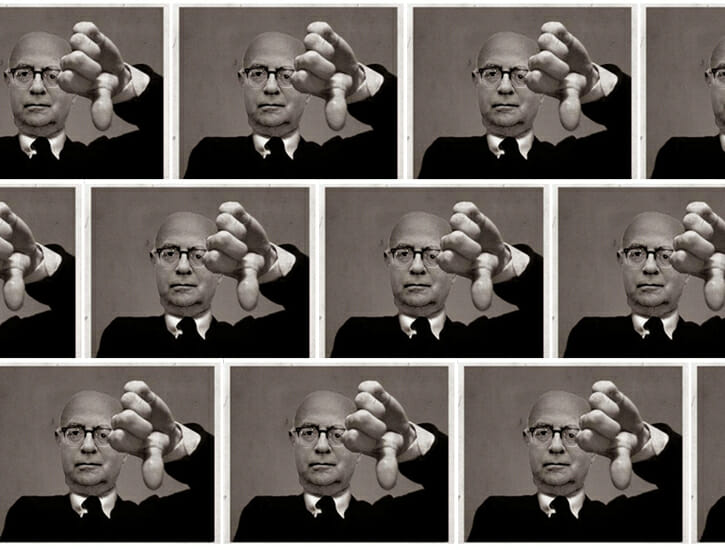
Bibliography:
Adorno, T. W. (1973). Negative Dialectics. Routledge. Adorno, T. W. (1974). Minima Moralia: Reflections from Damaged Life. Verso. Adorno, T. W., & Horkheimer, M. (2002). Dialectic of Enlightenment: Philosophical Fragments. Stanford University Press. Adorno, T. W. (1991). The Culture Industry: Selected Essays on Mass Culture. Routledge. Adorno, T. W. (1973). Philosophy of Modern Music. Seabury Press. Adorno, T. W. (2002). Essays on Music. University of California Press.
Further Reading:
Jarvis, S. (1998). Adorno: A Critical Introduction. Polity Press. Zuidervaart, L. (1991). Adorno’s Aesthetic Theory: The Redemption of Illusion. MIT Press. Jameson, F. (1990). Late Marxism: Adorno, or, The Persistence of the Dialectic. Verso. Rose, G. (1978). The Melancholy Science: An Introduction to the Thought of Theodor W. Adorno. Macmillan. Hullot-Kentor, R. (2006). Things Beyond Resemblance: Collected Essays on Theodor W. Adorno. Columbia University Press. Bernstein, J. M. (2001). Adorno: Disenchantment and Ethics. Cambridge University Press. Cook, D. (2004). Adorno, Habermas, and the Search for a Rational Society. Routledge. Jay, M. (1984). Adorno. Harvard University Press. Paddison, M. (1993). Adorno’s Aesthetics of Music. Cambridge University Press.
Read More Depth Psychology Articles:
Taproot Therapy Collective Podcast

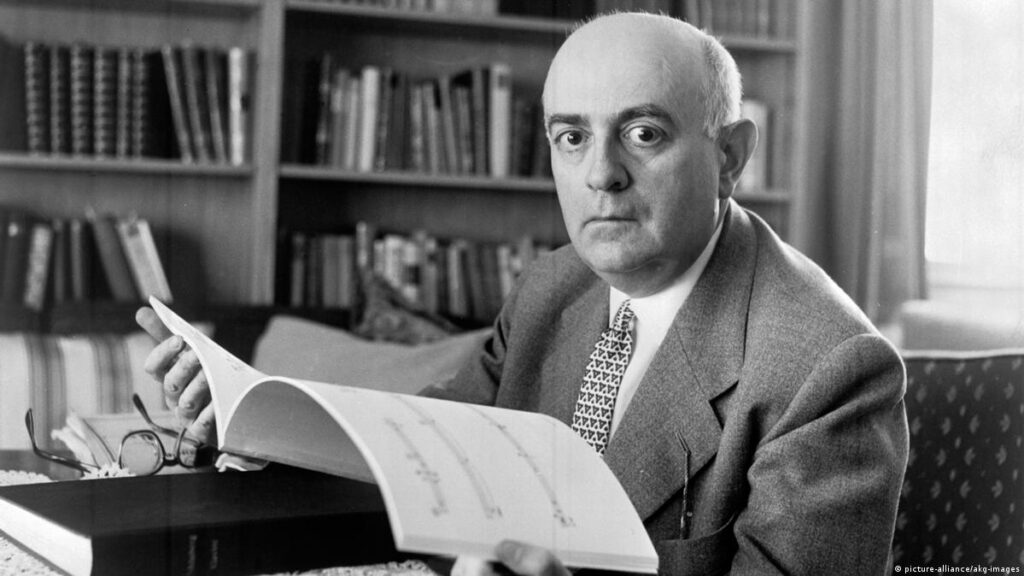

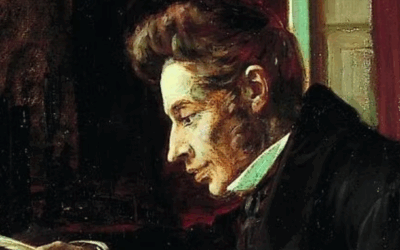



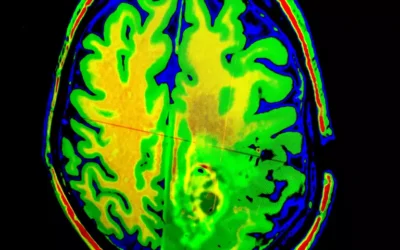



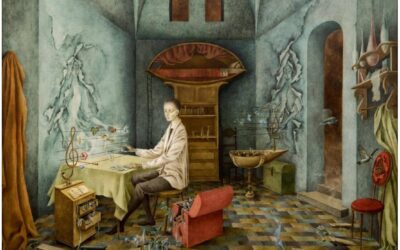
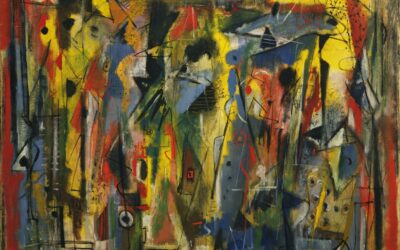


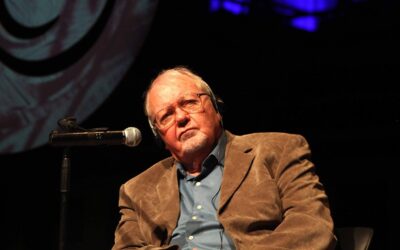
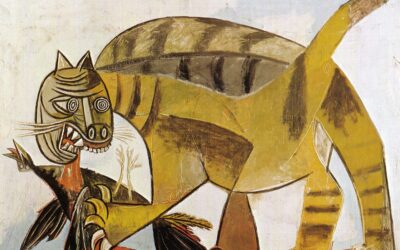
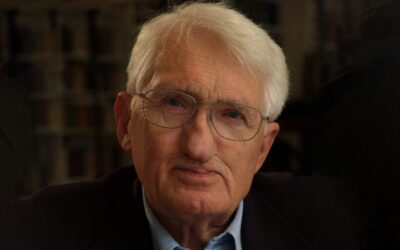
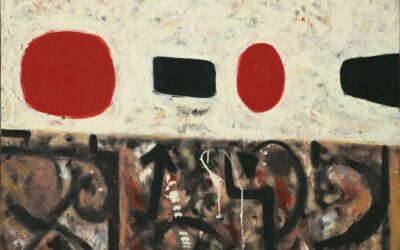
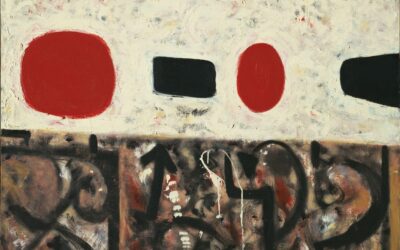
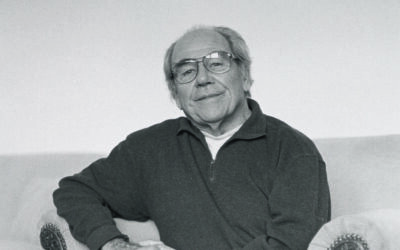



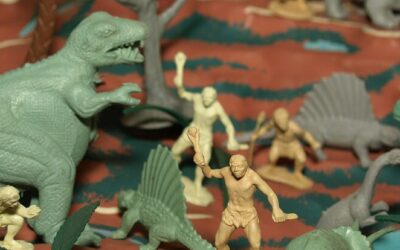
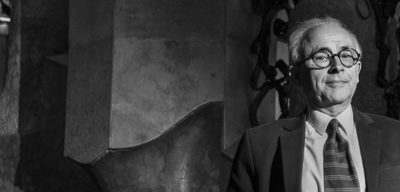

0 Comments